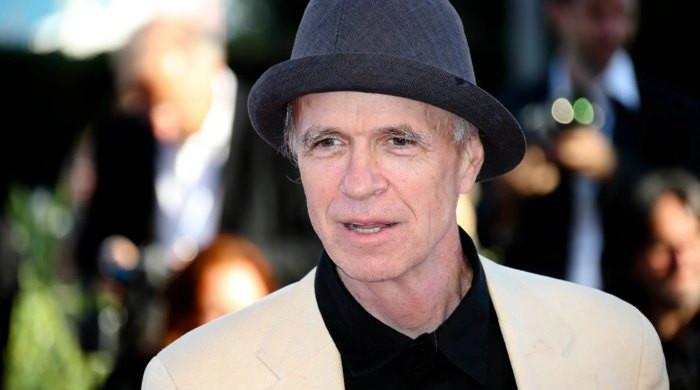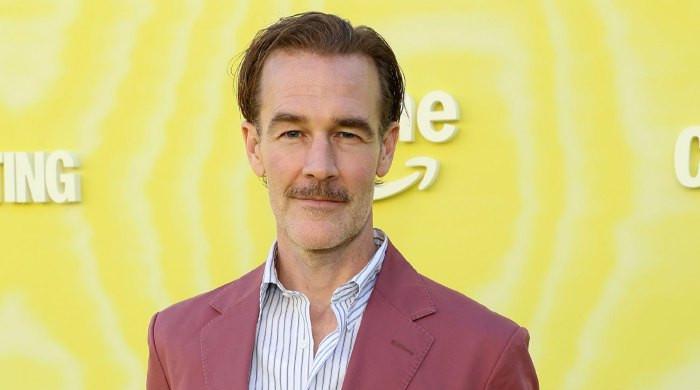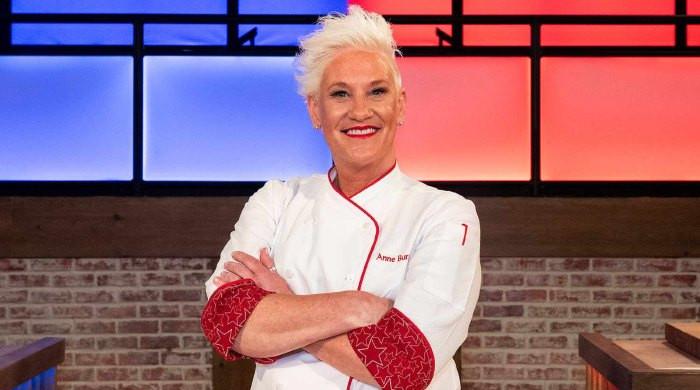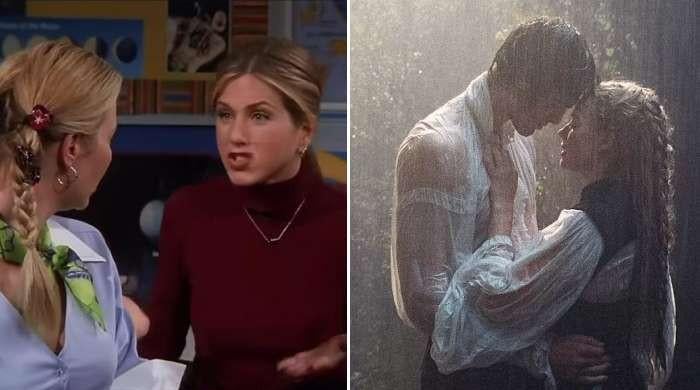Remembering Syed Kamal
Known as Pakistan’s Raj Kapoor, Kamal acted in over 80 films, produced over a dozen and directed nine of them
October 02, 2017
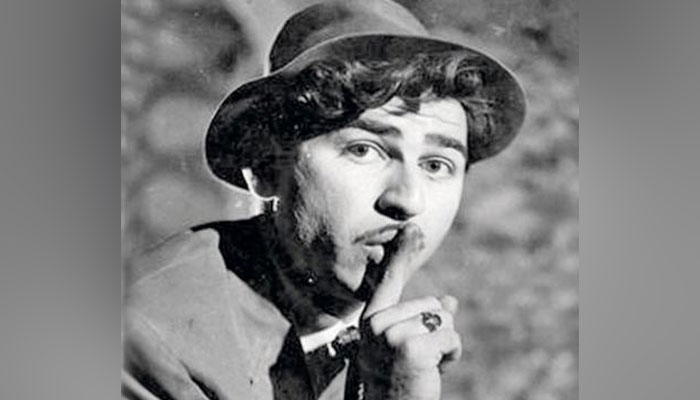
October 1 marked the 8th death anniversary of showman Syed Kamal. Known as Pakistan’s Raj Kapoor, Kamal acted in over 80 films, produced over a dozen and directed nine of them. He was destined for stardom, but had to find it the hard way.
It was the mid 50s when Pakistan Industry was getting on its feet. Santosh Kumar, Darpan and Sudhir had established themselves as heroes, but they needed a sidekick to tickle the audience during the film. There was a need for a young ‘actor’ who could dance with friends, crack jokes at times, throw a few punches when required and woo the girl, when at peace.
Santosh Kumar had the charm and charisma, but dance was never his forte. Sudhir knew how to fight and act but lacked in dance. Darpan was attractive, but fell behind in all the other departments. It was the year 1956, when two youngsters migrated from India to make a name in Pakistan. One was Ratan Kumar and the other was Syed Kamal. One was bound to make it big.
Ratan Kumar, born as Syed Nazir Ali in 1941, made a name in 50s in India with Boot Polish and Do Bigha Zamin. It was his lifelong dream to become Raj Kapoor. Boot Polish was Raj Kapoor’s production in which Raj was not the hero, but did play a cameo. Ratan was ideal whenever the need for a child artiste came up, be it the young Dilip Kumar in Deedar or the child version of Bharat Bhushan in Baiju Bawra.
On the other hand, Kamal managed to play a small part in another RK Production Jaagte Raho (1956). Kamal was a good seven years senior to Ratan; this age difference came in handy for him.
Both did work with big stars of their times. Ratan shared screen with stalwarts like Balraj Sahini, Meena Kumari while Kamal was lucky to work with Ashok Kumar, Geeta Bali and Naseem Banu in Betaab way back in 1952.
Both of them migrated at about the same time. Kamal was well built, in his mid-20s and resembled Raj Kapoor, unlike Rattan, who simply imitated the thespian. Ratan first worked in Baidari, which was lifted from Jaagriti, a film in which he had earlier worked in India. He was launched by his brother Wazir Ali’s production company Films Hayat in Nagin with Neelo in the lead. He did appear in Clerk, Aladin ka Beta (opposite Neelo), Do Ustaad (opposite Shamim Ara), Choti Ammi (opposite Rani) and Samira (opposite Zeba) but the boyish looks stayed with him. The 20-year-old Ratan could not become the ‘hero’ the cine-goers needed. When his face matured, he directed Dastaan in 1969, but the need for the hero was gone.
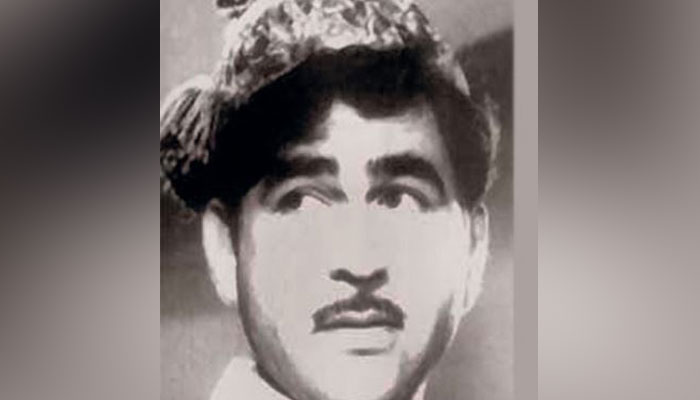
Kamal, on the other hand, just had a face that resembled Raj Kapoor. He had no launching pad, no excellent directors like Khalil Kaiser (Nagin, Clerk), Rafiq Rizvi (Do Ustaad, Neelofer) to guide from behind the camera and no time on his hand. He simply had luck on his side, as journalist-turned-filmmaker Shabab Kairanvi asked to have a special song, ‘O meri nargis Aa ja, main baja raha hoon baja’, written, after casting an eye on Kamal.
Kamal was cast as the hero in Thandi Sarak, a family comedy and for him, and there was no looking back. All the leading ladies with whom Ratan Kumar tried to make a successful pair with, were being cast with Kamal; Zeba (Tauba, Aashiyana), Shamim Ara (Zamana Kiya kahega, Savera), Neelo (Banjaran, Insaf) and Rani (Sanam, Joker).
Kamal became the ‘hero’that was needed. He was synonymous to action films like Nehlay pe dehla, Zamana kia kahayga and Daal me kaala, his style was being copied by the youth, his comic timing was appreciated and his songs became a rage. Kamal was well established by 1965, and had no qualms in moving to production, despite the arrival of Waheed Murad and Nadeem on the scene.
There is a huge list of songs that have been picturised on Kamal. Ahmed Rushdi remained his voice for over 25 years.
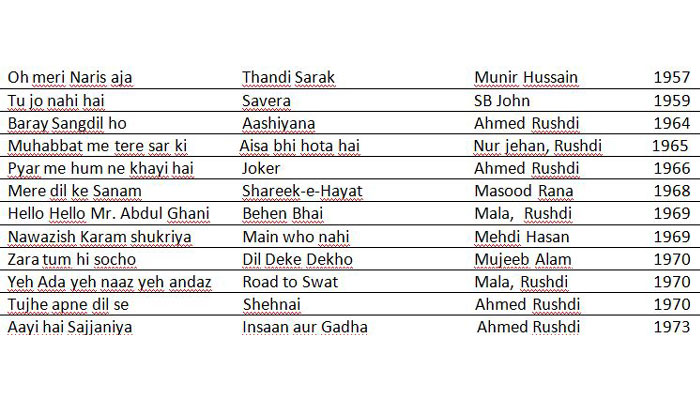
The wife of Ratan Kumar decided to remake her husbands’ only hit film as a lead, ‘Nagin’ in 70s. Produced way back in 1959, Nagin was the directorial debut of Khalil Qaiser, who went on to produce Shaheed, Farangi and other challenging films. In 1976, Nagin was remade as Naag aur Nagin, with Rani and Waheed Murad becoming the ‘Sheesh Naags’ this time. Hasan Tariq, the then husband of Rani was taken aboard as director and Nisar Bazmi was signed as the music director.
Despite the heavy cast, excellent music and superb direction, the film bombed at the box-office. Kamal replaced Ratan Kumar so aptly that a sure shot to success formula failed by the one-time leading star. Syed Kamal, on the other hand, ventured into the Punjabi films during the same period, and despite being alien to the language, was quite successful as a producer. He remained active in movies till 1986 and signed off with Siyaasat, his take on General elections loss in 1985.
Syed Kamal died on October 1, 2009 at the age of 75, but he will live on in memory through his diverse cinematic legacy.






